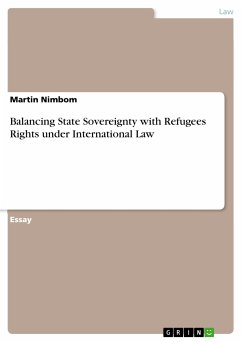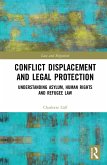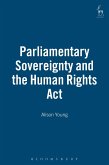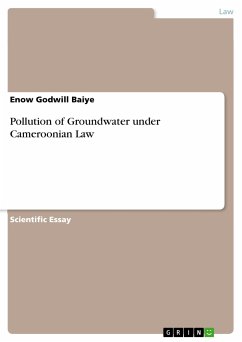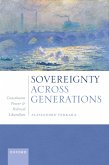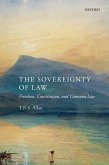Essay from the year 2024 in the subject Law - Public Law / Constitutional Law / Basic Rights, , language: English, abstract: The global refugee crisis has presented a formidable challenge to the traditional understanding of state sovereignty and the control of national borders. While sovereignty affords States the right to control their borders and protect their nationals, States also have a humanitarian obligation to respect the human rights and dignity of refugees, who are often people fleeing from persecution, violence and abject poverty. This research explores the complex interplay between state sovereignty and humanitarian obligations in the context of refugee protection, by exploring the legal, ethical, and political dimensions of the issue. It argues that sovereignty should not be seen as an absolute or fixed concept, but rather as a dynamic and relational one, that is shaped by the changing realities and norms of the international community. By balancing sovereignty with the humanitarian obligation to protect refugees, this research also proposes a balanced approach that respects the rights of sovereign states while addressing the urgent needs of refugees. The research concludes that the legal framework which governs refugees, continues to be characterized on the one hand, by, the principles of state sovereignty and related territorial supremacy, self-defense, and self-preservation; and on the other hand by competing humanitarian principles, derived from general international law (including the purposes and principles of the United Nations) and treaty law.
Dieser Download kann aus rechtlichen Gründen nur mit Rechnungsadresse in A, B, BG, CY, CZ, D, DK, EW, E, FIN, F, GR, HR, H, IRL, I, LT, L, LR, M, NL, PL, P, R, S, SLO, SK ausgeliefert werden.

